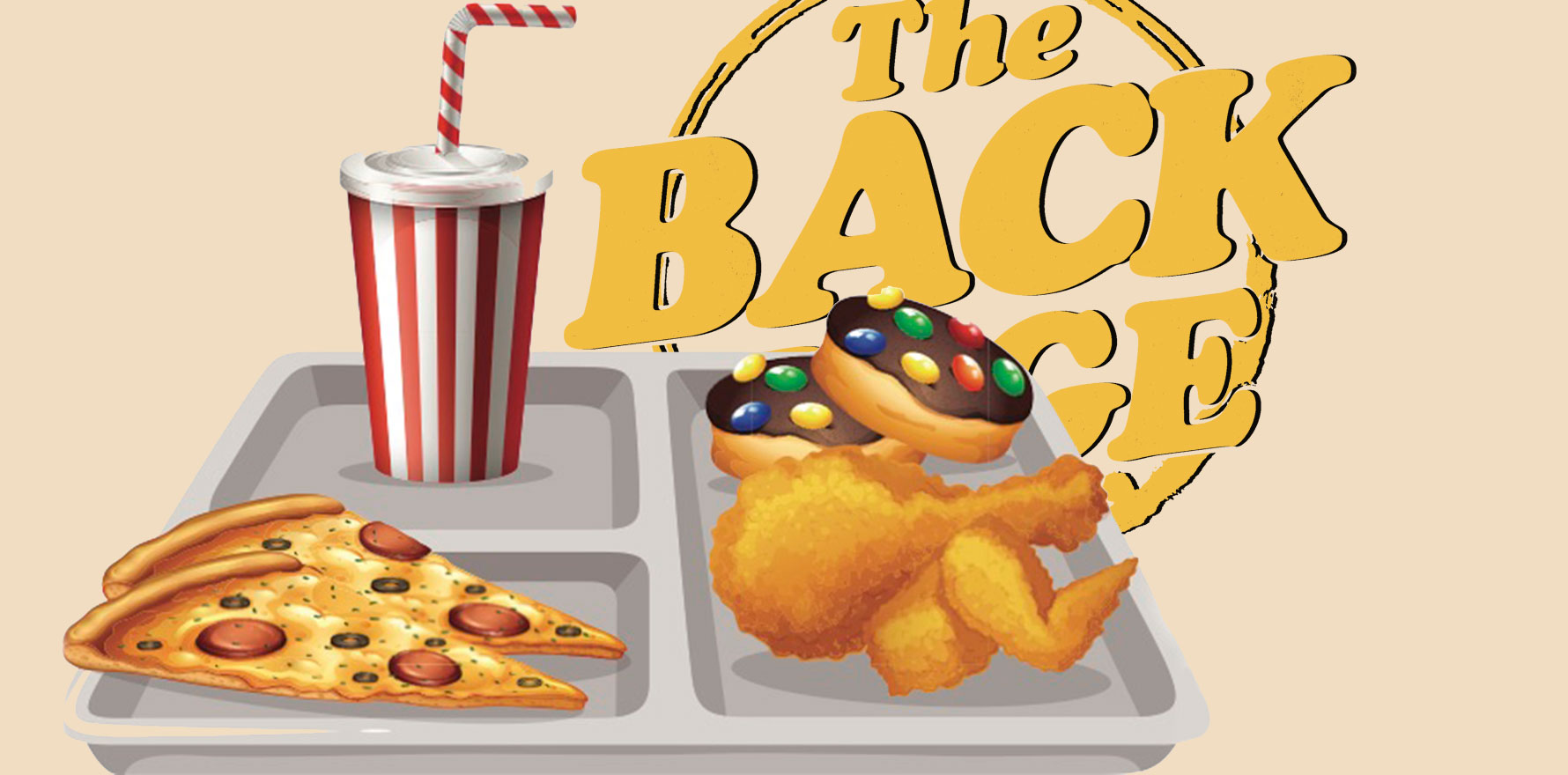At least, not when it comes to assessing our diets.
As a species, humans have refined many traits that set us apart from our fellow travellers.
Perhaps none more so than our capacity for self-delusion.
This is particularly evident in the domain of our diets, and the healthiness or otherwise of how and what we choose to eat.
But don’t take our word for it. According to a study presented to the annual meeting of the American Society for Nutrition last month, only a very small percentage of Americans are able to accurately assess how healthy their diet is, with most overestimating the quality of their intake.
For the study, the researchers asked nearly 10,000 about participants to rate their diet as “excellent”, “very good”, “good”, “fair” or “poor”.
They got the same folks to complete 24-hour food questionnaires and compared answers to see how well responses to the two exercises matched up with their scientific assessments of the diets.
Spoiler alert: they didn’t.
The study revealed significant disconnects between the researcher-calculated dietary scores and how participants ranked their own diet.
Out of more than 9700 participants, about 8000 inaccurately assessed their diet quality. Of those, 99% overrated the healthiness of their diet.
It was only the people who rated their own diets as “poor” that were on the money, with 97% of those folks matching the assessments of the researchers.
“It’s difficult for us to say whether US adults lack an accurate understanding of the components of a healthful versus unhealthful diet or whether adults perceive the healthfulness of their diet as they wish it to be – that is, higher in quality than it actually is,” the study’s lead author, Dr Jessica Thomson, told media.
“Until we have a better understanding of what individuals consider when assessing the healthfulness of their diet, it will be difficult to determine what knowledge and skills are necessary to improve self-assessment or perception of one’s diet quality.”
So while the researchers are sitting on the fence as to why the assessments are so out of whack, your correspondent is prepared to wager that a super-sized portion of the reason is that folks are simply kidding themselves.
And while these findings may not come as a surprise in a country that sells cheese that comes in a spray can, we are also willing to bet that Australians won’t fare that much better in the dietary self-delusion stakes.
If you see something that has you choking on your fruit-free muesli, spit it out to penny@medicalrepublic.com.au.


